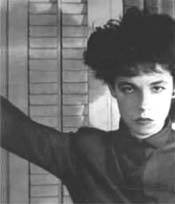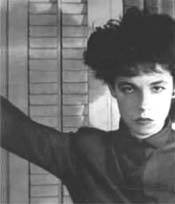“You’re not coping, my dear Mrs. Bowles”


After having an alcohol-induced stroke in middle age, Jane Bowles was sent to see a British neurologist, who patronisingly told her: “You’re not coping, my dear Mrs Bowles. Go back to your pots and pans and try to cope.”
This intense disregard for women, this inability to comprehend their talents or inner lives, was typical. Similar scenarios can be found in the lives of almost any 20th-century woman writer of note. Take Jean Stafford, who these days is more likely to be remembered for her marriage to Robert Lowell than for her Pulitzer prize-winning stories or her extraordinary, savage novel The Mountain Lion. This latter work was published in 1947, while she was drying out at Payne Whitney, a mental hospital in upstate New York. There, her psychiatrist was less interested in her reviews than in insisting she improve her grooming, switching her habitual baggy sweater and slacks for a blouse and skirt, with pearls for dinner, like, Stafford said wryly, “a Smith College girl”.
Olivia Laing, author of Trip to Echo Spring: On Writers and Drinking, a book about male alcoholic writers, takes on a different question: “what about the women? Are there any alcoholic female writers? And are their stories the same, or different?” [The Guardian]